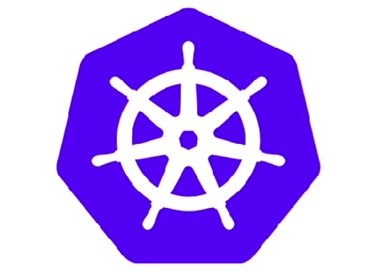Google Banks on Kubernetes in Cloud Wars

Google continues to extend the reach of its cloud platform with a new feature that allows cloud customers to deploy commercial and open source applications ranging from databases and machine learning to analytics and big data via its in-house cluster orchestration engine.
The search giant said it would offer “production-ready” commercial applications on the Google Cloud platform that are hosted on its Kubernetes Engine. The Kubernetes apps will be available in a new Google cloud marketplace previously known as Cloud Launcher. The marketplace is designed to ease deployment of applications on Kubernetes clusters running on the Google and other public clouds, the company (NASDAQ: GOOGL) said Wednesday (July 18).
The move is designed to boost the availability of production-ready application containers in the enterprise. “When we released Kubernetes as open source, one of the first challenges that the industry tackled was management,” Anil Dhawan, a product manager for Google Cloud Platform, noted in blog post.
“Our hosted Kubernetes Engine takes care of cluster orchestration and management, but getting apps running on a Kubernetes cluster can still be a manual, time-consuming process,” Dhawan added. The new marketplace is designed to identify “prepackaged apps” that can be deployed on clusters running either on-premises or on public or private clouds.
Among the commercial applications included in the marketplace are big data, database and machine learning applications along with developer tools. Meanwhile, open source applications range from WordPress and the Apache Cassandra NoSQL database to Apache Spark cluster computing.
The Kubernetes marketplace is the latest addition to Google’s ongoing efforts to beef up cloud services as it scrambles to differentiate its platform from market leaders Amazon Web Services (NASDAQ: AMZN) and Microsoft Azure (NASDAQ: MSFT). For example, the cloud competitor announced in May the beta availability of new Google Compute engine virtual machine instances with more memory and computing horsepower. The new feature works with Kubernetes Engine, which has emerged as a de facto industry standard for container cluster orchestration.
As enterprises move more workloads to the cloud, Google still trails public cloud market leaders AWS and Microsoft Azure. According to an industry estimate of cloud infrastructure adoption released by Goldman Sachs Global Investment Research, Google Compute Engine remains far behind the two market leaders.
The Goldman Sachs survey of CIOs at large public companies reported this week by the Wall Street Journal also found that Azure is gaining on AWS. It also forecasts that the rivals will be running neck and neck within three years.
The results of the June survey of about 100 CIOs also found that Google had “improved its position as the number three public cloud vendor,” the Journal reported. Either way, leading cloud providers are expected to gain as more workloads shift to the cloud and more users adopt multi-cloud strategies to avoid vendor lock in.
With that in mind, Google has been steadily promoting its Kubernetes Engine and the underlying orchestration software it released to the open source community as the best way to deploy distributed enterprise applications via containers.
Eyeing the hybrid cloud market, Google’s Dhawan stressed the ability to move application containers across different environments, including Kubernetes clusters running in the cloud or on-premises.
Related
George Leopold has written about science and technology for more than 30 years, focusing on electronics and aerospace technology. He previously served as executive editor of Electronic Engineering Times. Leopold is the author of "Calculated Risk: The Supersonic Life and Times of Gus Grissom" (Purdue University Press, 2016).










